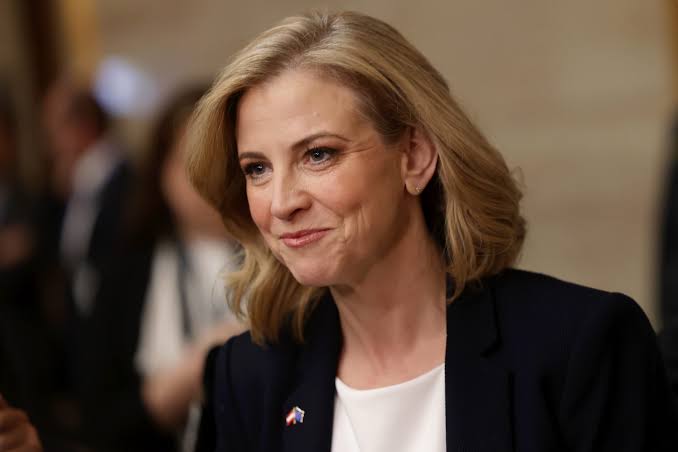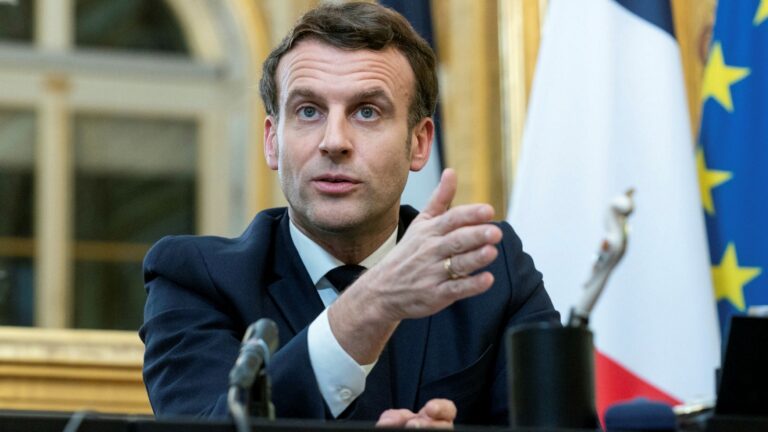
Members of Austria’s liberal Neos party overwhelmingly approved a coalition agreement with the conservative People’s Party (OVP) and the Social Democrats (SPO) on Sunday, setting the stage for the formation of a three-party government.
This vote removed the final barrier to the anticipated alliance, with the new government scheduled to be sworn in on Monday at 11 a.m. (1000 GMT), five months after the parliamentary elections in which the far-right Freedom Party (FPO) secured approximately 29% of the votes.
This marks the longest period Austria has experienced without a government since World War II. Initial attempts by the centrist parties to form a coalition without the FPO fell apart in January, while a subsequent effort led by the FPO also failed last month.
The centrist coalition, which excludes the FPO, was one of the few viable options to avoid a snap election that polls indicated could further bolster the FPO’s position.
“Thank you! Work begins tomorrow!” Neos leader Beate Meinl-Reisinger announced to party members in Vienna after 94% voted in favor of the 200-page coalition agreement, surpassing the two-thirds majority required.
Had the agreement not been supported, the OVP and SPO would have been left with a precarious one-seat majority in the lower house, deemed impractical by many.
In her speech prior to the vote, Meinl-Reisinger reflected on the importance of democratic engagement, stating, “I have asked myself what democracies are worth if no one can reach out their hand anymore,” highlighting the extensive negotiations and compromises involved in the coalition discussions.
The party’s agenda focuses on reducing state expenditure and streamlining regulations, with key initiatives including pension reform, a longstanding priority for Neos, which has yet to participate in national governance.
“We have a responsibility, each of us (to build) a liberal democracy,” she concluded her address with a rallying cry: “Let’s make history today.”
See more: Exploring France’s Protest Culture: A Dive into Revolutionary Spirit.
The three centrist parties secured the second, third, and fourth positions in the September election. As the party receiving the highest number of votes, the OVP will take the lead in forming the government, with its leader, Christian Stocker, assuming the role of chancellor. Additionally, the OVP will oversee the ministries of interior and defense.
For the first time in 25 years, the SPO will manage the finance ministry and will also lead the justice ministry. Meanwhile, the Neos will be responsible for foreign affairs and education.



